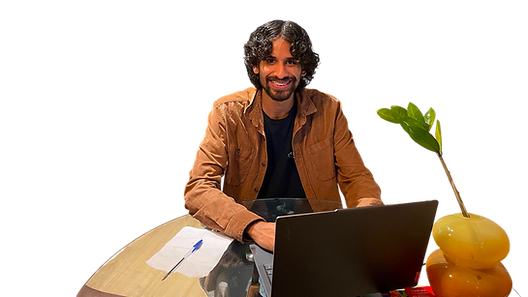Grammar | The difference between PODER and CONSEGUIR #1
- Daniel Moreira
- Mar 2, 2025
- 2 min read
Updated: Mar 12, 2025

Hi there 👋 How are you :)
The other day I was hanging out with my family and a friend of mine who is an English speaker said something along the lines of “Eu não posso tocar piano”. I understood her message because I knew exactly what she meant in her native language, but my family, who doesn’t speak English, looked confused.
The reason for that was because of a vocabulary issue.
Think about the following sentences in English:
I can’t go outside. I’m grounded.
I can’t sing. I’m really bad at it.
In the first sentence, the verb can conveys the idea of permission. The speaker, unless he or she is being kept captive, is most likely to be able to go outside, but that is not permitted because he or she is grounded.
In the second sentence, however, the verb can has a different meaning. We could’ve said “I am not able to sing” and that would mean the same thing.
So… yeah, in English, the same word can have many different meanings (and the same happens in any other language btw). However, this is often a cause for confusion for people who are learning the language.
If you don’t want to make this kind of mistake, you should learn the difference between PODER and CONSEGUIR.
Here are a couple guidelines you can follow:
→ Use PODER when talking about PERMISSION, for example: (a) a student may ask “posso ir no banheiro?” (Can I go to the bathroom?); (b) “A gente não pode acampar nessa praia, isso não é permitido por lei” (We cannot camp on this beach, that is not permitted by law.”
→ Use CONSEGUIR when talking about CAPACITY, for example: (a) Eu não consigo desenhar bem (I can’t draw well); (b) Eu consigo correr 10km (I can run 10km).
Tip: PODER and PERMISSION start with the letter “p” and both CONSEGUIR and CAPACITY start with the letter “c”.
With that being said, with just these two ideas in mind you can keep yourself from making a lot of mistakes. However, there are nuances that are worth mentioning that I will go through in future posts. If you want to stay updated, make sure to subscribe to my newsletter so you can learn even more things FOR FREE!
I hope I helped you learn something new today :)
Thank you for reading!
Kind regards,
Daniel.









Comments